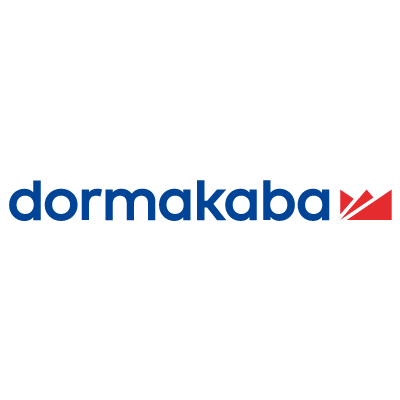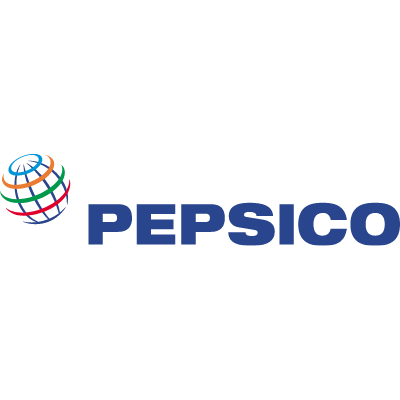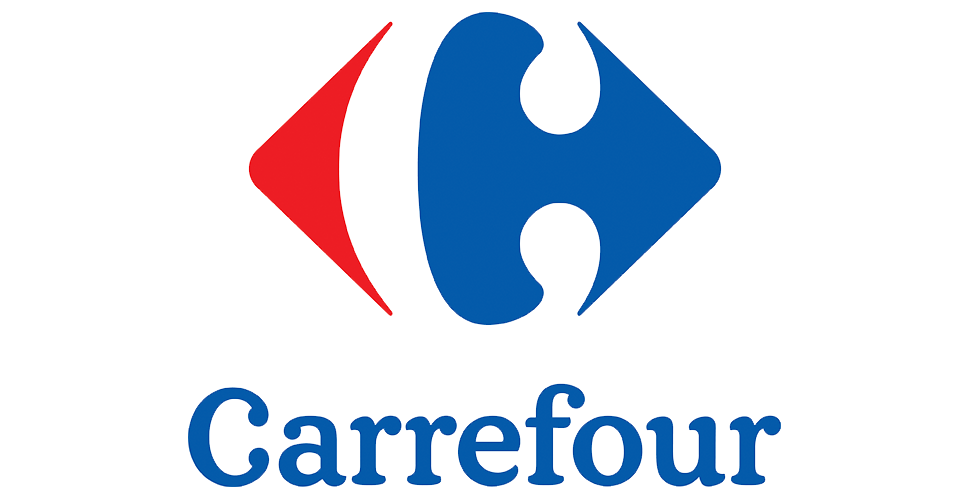T&M contracts, despite being very popular among outsourcing services providers and their clients, have some pitfalls that may increase project costs. Hence, we created a quoted time and materials contract to make sure that our clients pay only for the work actually done.
When it comes to billing for software development services, there are usually two types of contractual models you can choose from: a time and materials (T&M) contract or a fixed-price contract. In the T&M contract, the payment for services provided is based on the working time reported by project team members and an agreed hourly rate for each of them. Additionally, the client pays for materials (e.g., software licenses).
A fixed-price contract, on the other hand, means that a client and an outsourcing partner agree on a fixed price for delivering a service (i.e., a working solution). It assumes that both project scope and deadline are well defined and cannot be easily changed. Alternatively, a client and an outsourcing vendor can set up a fixed price per iteration.
A T&M contract is pretty straightforward: you pay for the working time of the outsourced software development team. It is much simpler than a fixed-price contract that requires a careful estimation of the project scope and its requirements. That’s why a T&M contract seems to be the most popular type of IT outsourcing contract.
When your software development team underperforms
But in some cases, a T&M contract, despite being clear and simple, may not be enough. Regardless of the outsourcing model chosen (staff augmentation, dedicated team, or hybrid team), you may face underperformance of your software development team. In particular, it may happen when you have a hybrid team that is composed of your employees plus developers provided by your outsourcing partner. Underperformance can mean that your software development team:
- is not executing project tasks according to the estimations
- is not using its time effectively due to a lack of tasks in the project backlog
- is focusing on developing less important functionalities that do not move the entire product development forward
One of the main reasons behind such underperformance can be a project backlog that was wrongly prepared and contains unrealistic estimations of project tasks. If tasks were estimated wrongly, it is no wonder that the software development team is not able to deliver them on time. Similarly, if the backlog does not contain enough tasks or they are of secondary importance, the project team will be idling or doing jobs that do not bring any value.
Due to these underperformance issues:
- the actual cost of product development is higher
- time-to-market of the new functionalities is longer
- the product roadmap is chaotic and does not lead to increasing the business value of the product
- the quality of the team’s work is underestimated
- team motivation is decreasing
In plain words, you are burning your money developing functionalities that are of secondary importance for end users of your product, while your software development team gets increasingly frustrated. All this may lead to the spectacular failure of your project. How can you prevent the worst from happening?
Quoted time and materials contract as a remedy
You can avoid these problems if you choose a quoted time and materials contract (QT&M) as a contractual model for your software development project. It is based on two key elements:
- you pay for the work done by a project team and not for the time spent on doing this work
- the process of building the task backlog for every project iteration is carefully planned and transparent to ensure its high effectiveness
A well-prepared project backlog sets up clear priorities and focuses on developing the functionalities that bring real business value for the final product. In this way, a project team can work confidently, being sure that their efforts will be meaningful and bring significant business impact.
To ensure all this, it is good to add a business/system analyst to the project team that will support a product owner and other development team members while working on a project backlog. A business analyst will help you to build a project backlog taking into account the business impact of the tasks.
When project tasks are clearly defined and you are sure that your software development team will be working only on meaningful tasks, you can use a QT&M contract. In this contractual model, you will only pay for software effectively delivered.
Of course, there are many other processes and legal matters that should be defined in a good IT outsourcing contract. But in this article, we want to focus on choosing the right contractual model to prevent financial burnout in software development projects.
How a quoted time and materials contract works
In a QT&M contract, you can use a work-time period of a single developer or the entire project team as a main settlement unit, e.g., a sprint. In each sprint, the software development team agrees on delivering a certain number of software functionalities expressed in story points. For example, you can pay a fixed price for all backlog items estimated for a given number of story points and executed in a single sprint.
It is hugely important that a project owner understands well how a project team estimates backlog items during sprint planning. The method (e.g., poker cards) should remain the same through all the sprints in the project.
Should any estimation of a backlog task change during the sprint, it needs to be justified and approved by a product owner.
A backlog item can be treated as completed and earn story points assigned to it during the estimation process if it meets the acceptance criteria. In other words, story points are earned only for finished tasks that meet the requirements. As a result, the amount to be paid for the services provided by the software development team can be lower if the team delivered a smaller number of functionalities that met the acceptance criteria. This mechanism is a safeguard that protects your budget in case of team underperformance.
In this setup, it is your outsourcing partner that bears the responsibility for the quality of software delivered, work effectiveness, downtimes at work, or a lack of skilled personnel.
Quoted time and materials contract—takeaways
As you can see, a quoted time and materials contract solves the drawbacks of the most frequently used time and materials contract and is an advantageous solution for clients that hire software development teams. They can be sure that they will be charged only for those services that met their criteria. This considerably minimizes the risk of uncontrolled spend and allows for effective project governance, as clients will always know what they are paying for. Also bear in mind that the prerequisite for QT&M contract is a project backlog with well-defined estimations (expressed in story points) of every development task.








